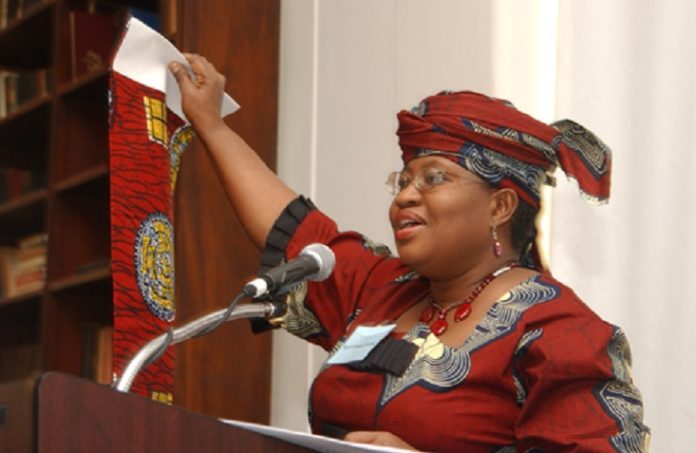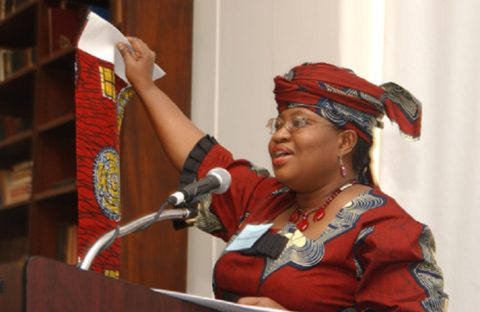Teddy Oscar, Abuja
The director general of Budget Office, Dr. Bright Okogun, has disclosed that the Federal Government made a 99 percent release of the recurrent expenditure for the 2013 fiscal year.
Okogun, who made the revelation on Tuesday before the House of Representatives’ Committee on Appropriation, hinted that N1.01 trillion out of the budgeted N1.59 trillion was released to ministries, departments and agencies (MDAs) for the execution of capital projects.
Speaking on the occasion to defend the 2014 budget of his office, the country’s budget appropriation, as well as the performance of the 2013 budget implementation, he explained that the drop in the N4.642 trillion 2014 budget estimates against the N4.95 trillion of the previous year was borne out of the need to record a realistic budget performance in the year.
He said that despite the continued plea by his office to different sectors, the spate of abandoned project by different ministries and agencies leaves much to be desired from the yearly level of budget implementation.
Okogun further disclosed that out of the expected revenue size of N4.1 trillion in the year, only 80 percent of the amount, representing N3.3 trillion came to the federation account in 2013.
He said the shortfall in the expected revenue came as a result of crude oil production drop, the pipeline vandalism incidences, and the Federal Government’s policy of empowering local production of rice in the non-oil sector.
He said that N1.01 trillion out of the budgeted N1.59 trillion was released to ministries and departments for the execution of capital projects, with 99 percent release of recurrent expenditure for the 2013 fiscal year.
Speaking on the Service Wide Vote (SWV), Okogun said that his office had released the sum of N280 billion, representing 52 percent for the capital projects, while 98 percent implementation was recorded for the disbursement of pensions and other services meant for the vote.
“Service Wide Vote has been the international standard procedure of doing and designing annual budgets,” he added.
On the drop of N13 billion, representing 5 percent in the police personnel cost, Okogun observed that due to the ongoing biometric IPPS system, the office consulted widely before effecting the reduction.
He said that the that Public Service Wage Adjustment (PSWA) would be on hand to recoup the needed amount, before the end of the year.
Earlier, Hon. John Enoh, committee chairman, had told Okogun that the office has a total of N1.5 billion in the 2014 budget estimate, but queried the increase of 4 percent in the office’s personnel cost, which indicated for the promotion of directors.
But Okogun responded that the increase in the office’s personnel cost came against the yearly improvements in the staff’s work level steps, which call for adjustments in their salaries.








